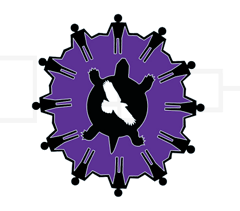Abstract
The Culturally Responsive Indigenous Science (CRIS) project was a collaborative effort between three Tribal communities in the Pacific Northwest and faculty and students from Washington State University, many of who are Tribal citizens. The project was designed to integrate Indigenous Traditional Ecological Knowledge (ITEK) and Western Knowledge into science curricula and professional learning opportunities. At the end of the 5-year grant project, members of the CRIS team (including Tribal and university partners) gathered to reflect on the work accomplished and the lessons learned about the process of integrating ITEK within science education. In this conceptual paper, the authors discuss four key takeaways from their reflections: 1) Creating relational space for cultural values and practices, 2) Indigenous science education requires many educators with diverse expertise, 3) Respecting Tribal and individual autonomy and timelines, and 4) Remembering who the work is meant to serve. In summary, the authors highlighted important recommendations to be considered when weaving together ITEK and Western science to better serve and engage Native American youth.
Recommended Citation
Higheagle Strong, Zoe; Charlo, Landon James; Watson, Francene; Price, Paula Groves; and Christen, Kimberly
(2023)
"Weaving Together Indigenous and Western Knowledge in Science Education: Reflections and Recommendations,"
Journal of Indigenous Research: Vol. 10:
Iss.
2022, Article 10.
Available at:
https://digitalcommons.usu.edu/kicjir/vol10/iss2022/10

